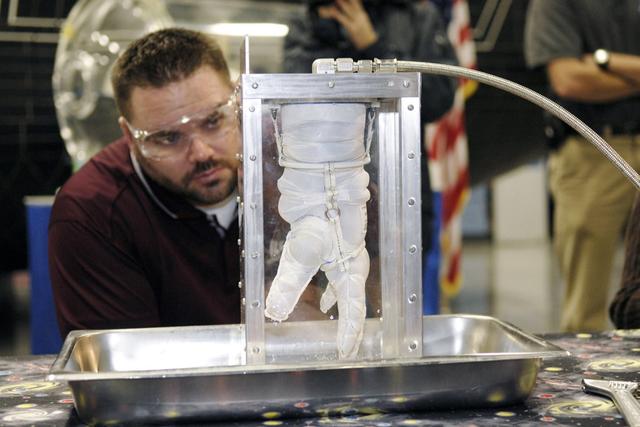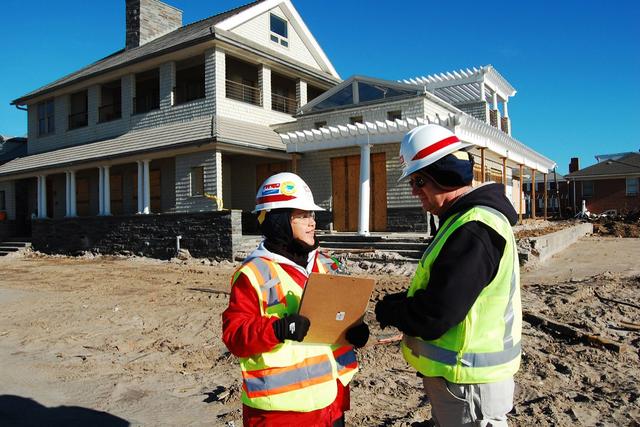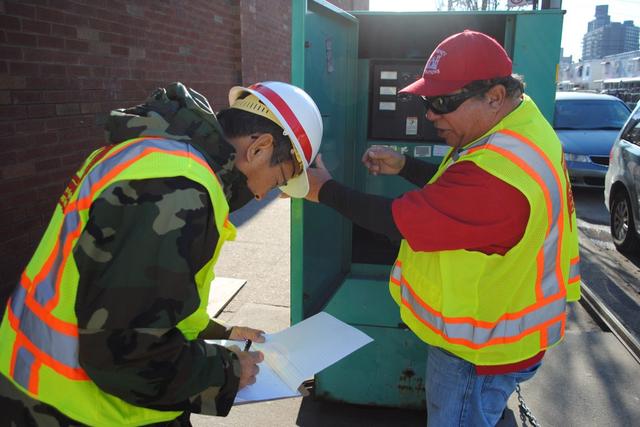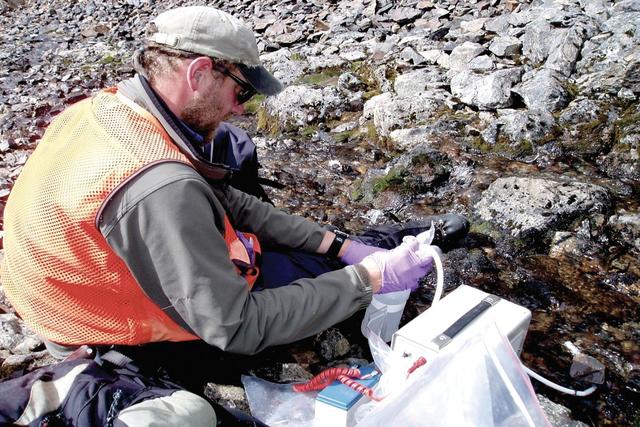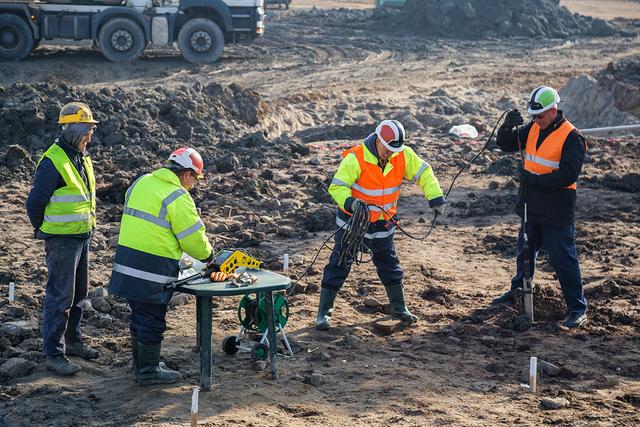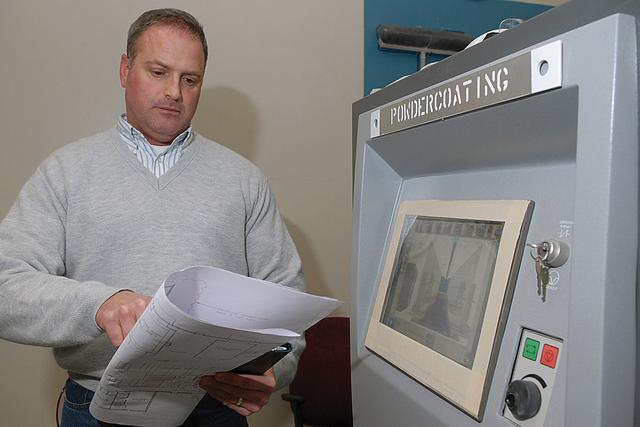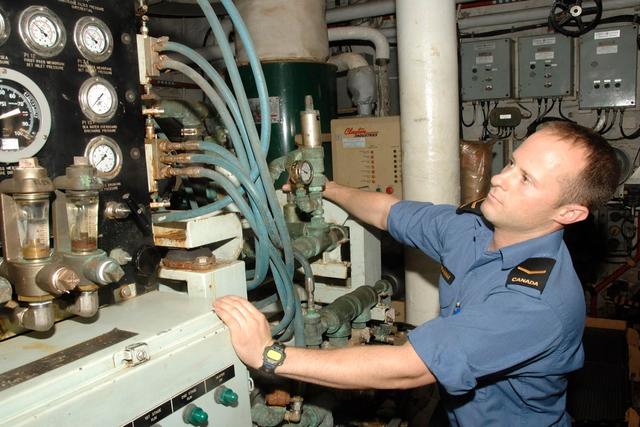Civil Engineering Technicians
Overview

Introduction
Civil engineering technicians help civil engineers design, plan, and build public, as well as private, works to meet the communitys needs. They are employed in a wide range of projects, such as highways, drainage systems, water and sewage facilities, railroads, subways, airports, dams, bridges, and tunnels. Civil engineering technicians may work in specialties such as transportation, coastal engineering, structural, environmental, geotechnical, construction, architectural, and engineering mechanics. There are 64,800 civil engineerin...
Quick Facts
Median Salary
Employment Prospects
Minimum Education Level
Experience
Skills
Personality Traits
Earnings
Median annual earnings for civil engineering technicians (CETs) were $60,700 in May 2023, according to the U.S. Department of Labor. That same year, the highest paid 10 percent of civil engineering technicians earned more than $91,010, while the lowest paid 10 percent earned less than $39,120. Fifty percent of CETs earned between $47,920 and $76,570. Technicians working for local government age...
Work Environment
Technicians usually work 40 hours a week with extra pay for overtime. Working conditions vary from job to job. Technicians who enjoy being outdoors may choose a job in construction or surveying; those who prefer working indoors may work in a consulting engineers office on computations, drafting, or design, or they may work in laboratories. In either case, the work done by civil engineering tech...
Outlook
Little or no change in employment is expected for civil engineering technicians from 2022 to 2032, according to the U.S. Department of Labor—with most new positions becoming available as a result of the need to replace those who retire or leave the field for other reasons. As in most industries, those with certification and the highest education have the best outlook. Technicians who are famili...


